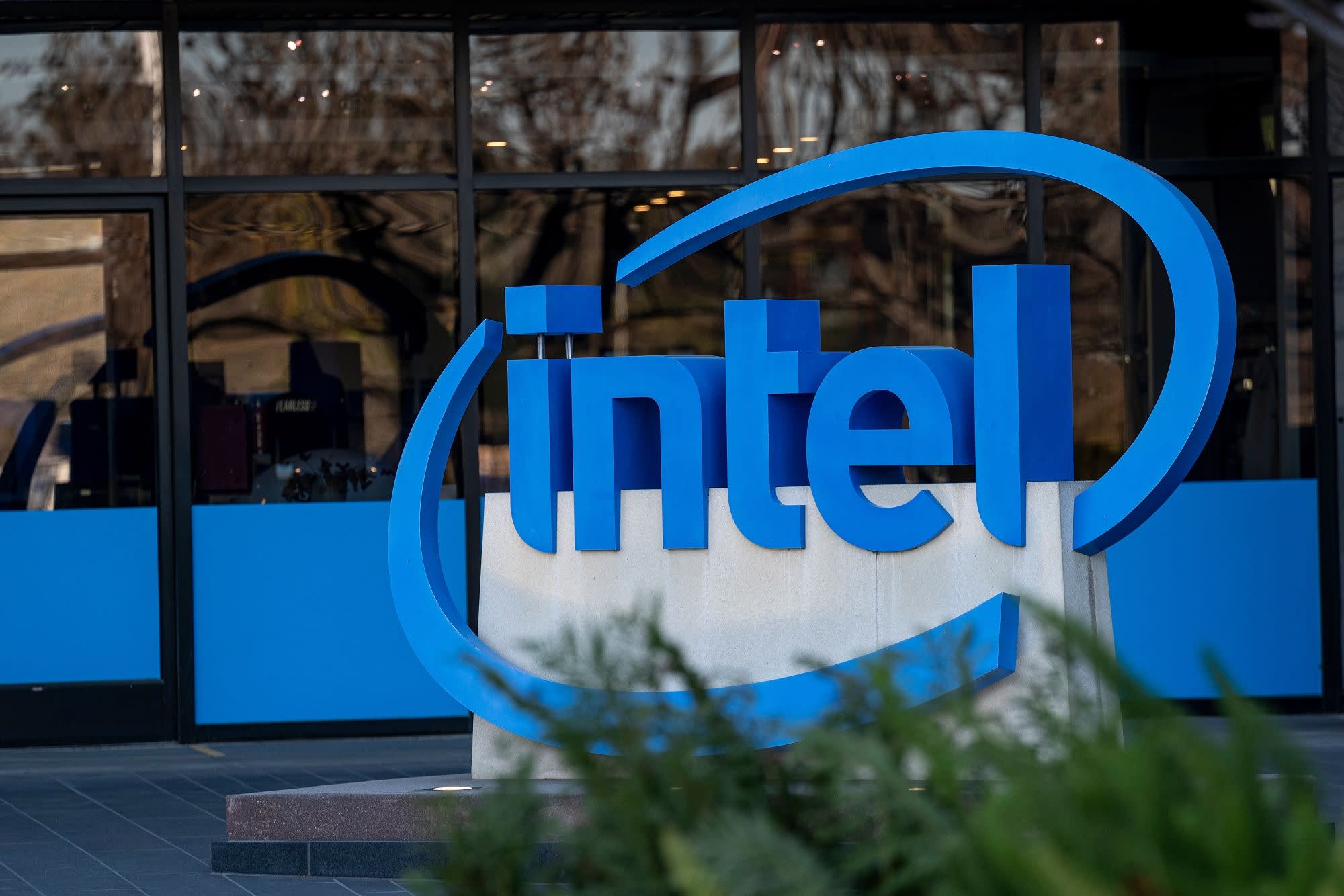Unknown hardware enthusiasts have run a burn-in test on Intel's 11th-Gen Rocket Lake processor to expose its power consumption under extreme loads and compare it to its predecessors from the Comet Lake-S family. It turns out the upcoming Core i9-11900KF CPUs can get extremely hot and power hungry under extreme loads, just like their Comet Lake ancestors. Intel's upcoming eight-core Core i9-11900KF 'Rocket Lake-S' processors can purportedly heat up to 98C and pull 250W of power during stress tests. That means the chips should place well in our CPU Benchmarks Hierarchy, at least one would hope given all that power consumption, but they'll run hot just like the previous-gen Intel chips.
Although Intel's latest 10th Generation Core 'Comet Lake-S' processors are rated for a 125W TDP, they can actually suck up to 250W ~ 330W of power when they boost on all cores for up to 56 seconds, allowing them to provide their maximum potential in situations where it is actually needed.
Intel's public-facing specs list power consumption based on the default power level (PL1). There's a big difference between the default power level and an all-core turbo power level (PL2), so you'll need an advanced motherboard, a quality PSU, and a capable cooling system to tame the Comet Lake beast. That's because Intel had to increase the PL2 level on its Comet Lake CPUs in a bid to make them more competitive against AMD's Ryzen lineup.
Apparently, the same rules apply to Intel's upcoming eight-core Core i9-11900KF 'Rocket Lake-S' processors that can heat up to 98C and pull 250W of power at 1.325V Vcore when running AIDA64's FPU stress test, according to Chiphell. The test CPU was cooled down using an entry-level 360-mm closed-loop liquid cooling system. The chip's exact clocks are unknown, but based on leaks, it should run at 3.50GHz by default and boost all of its cores to 4.8 GHz for short periods.

Being manufactured using a mature 14nm process, Intel's latest enthusiast-grade processors with eight or ten cores are not exactly energy efficiency champions, which isn't surprising because this node was not developed for CPUs that combine a high frequency and a high core count.
While the Rocket Lake-S CPU is based on a new microarchitecture and has several other advantages over Comet Lake-S processors, it looks like its thermals and power consumption will be comparable to those of its predecessors, at least as far as stress tests are concerned. Meanwhile, bear in mind that stress tests do not usually reflect real-world workloads, but are meant to reveal the weaknesses of your PC build.
As Intel is getting ready to release its 11th Generation 'Rocket Lake' CPUs this April, it has already begun to send its samples to a broad audience of its clients so they could prepare for the launch. As a result, certain test results will inevitably emerge well before full-fledged final hardware reviews show up. That said, the unreleased processors' current test results should be taken with a grain of salt.
The Link LonkJanuary 30, 2021 at 09:29PM
https://ift.tt/2MOyTKf
Intel's Rocket Lake Core i9 Hits 98C and Gulps 250W, Just Like Comet Lake - Tom's Hardware
https://ift.tt/2YXg8Ic
Intel

No comments:
Post a Comment